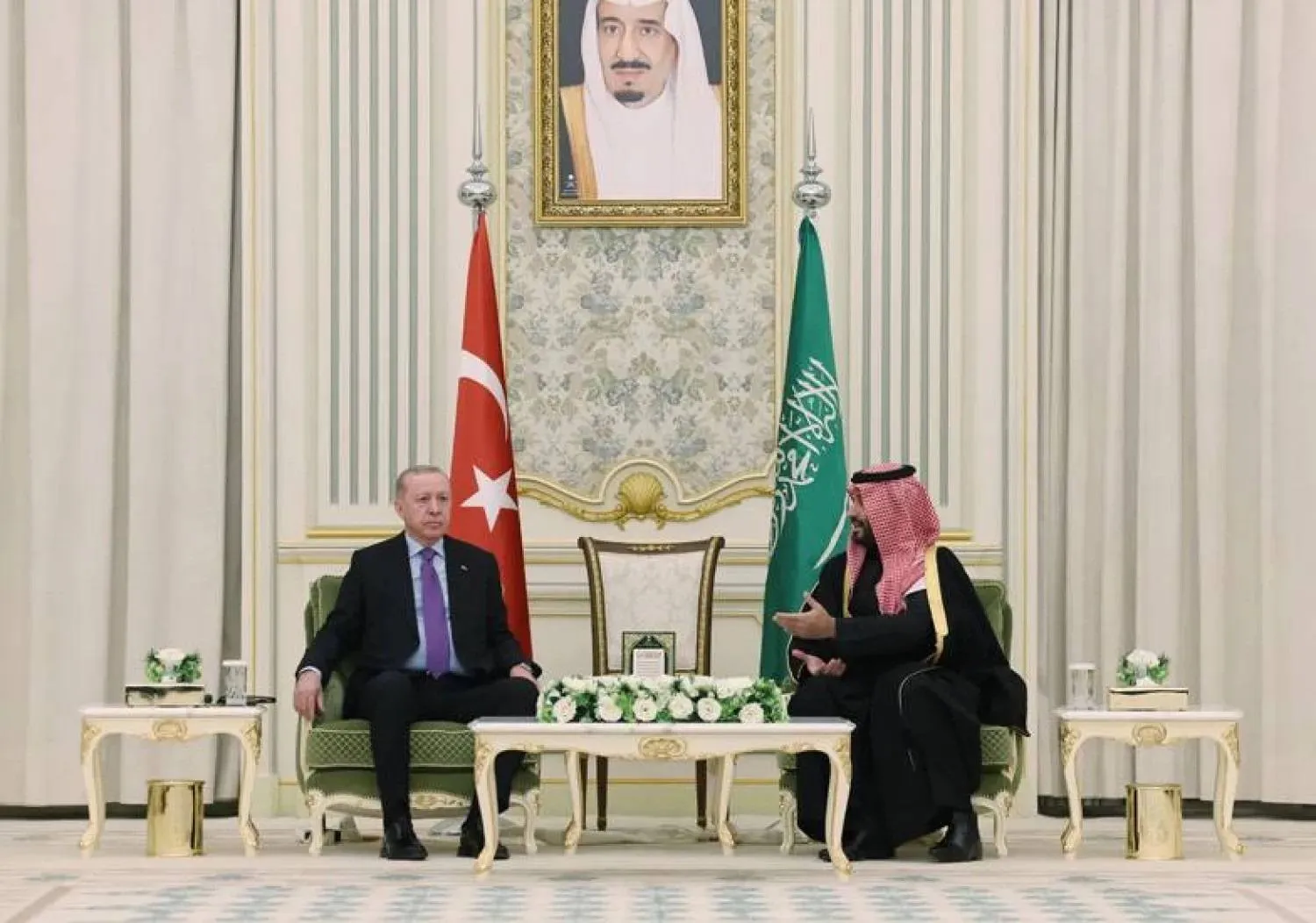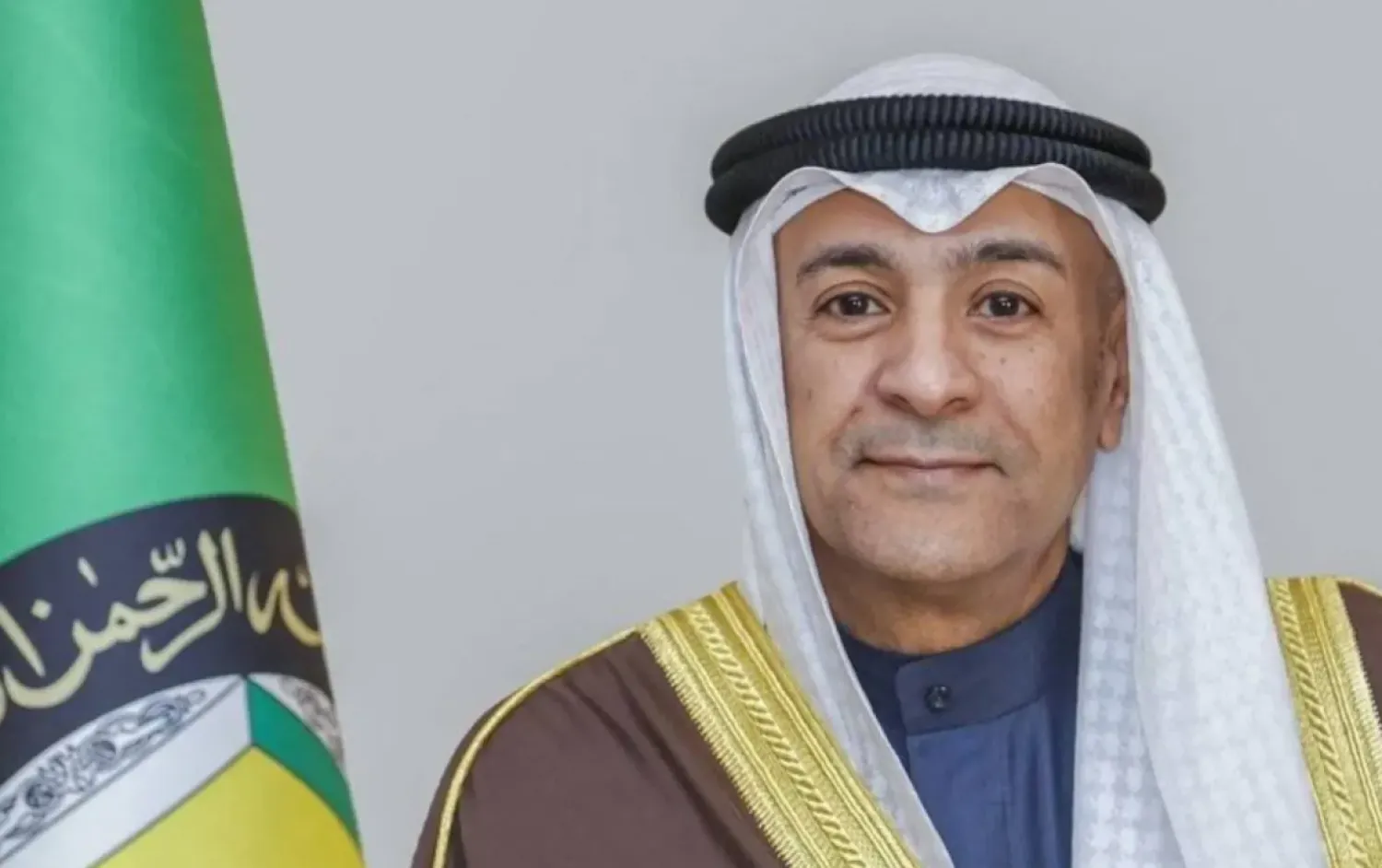Indonesia’s Religious Affairs Minister Yaqut Qoumas stressed that the solution to uniting Muslims lies in promoting religious or Islamic “Wasatiyyah”, or moderation.
The adoption of this approach will help prevent division between people, he told Asharq Al-Awsat.
On Saudi Arabia’s role in serving the Hajj pilgrims, he said the Kingdom’s government continues to provide the best services to the pilgrims, even during the coronavirus pandemic.
On the skeptics over Saudi Arabia’s role in the Hajj, Qoumas said it is no easy feat to serve millions of people and it is not easy to please everyone either.
Saudi Arabia is doing its best to serve the pilgrims, he stated.
He revealed that over 100,000 Indonesian pilgrims traveled to perform this year’s rituals.
The minister added that his country is known for its diverse traditions, customs and cultures.
Indonesia’s religious scholars also adopt moderation in promoting religion and approaching the cultural diversity, he went on to say.
Qoumas said Indonesia is exerting efforts to provide the best services to its pilgrims, and its work has been recognized by several countries.
These efforts cannot be separated from the role played by scholars in raising awareness among the Indonesian pilgrims, he continued.
The scholars have passed down their knowledge over the years through Islamic schools, he added.
The minister noted, however, the prevalence of social media and how people are now turning to it to learn about religion, posing a challenge to scholars.
The scholars therefore resorted to social media to spread their teachings and prevent people from learning about religion from celebrities and social media figures whose religious education and knowledge is questionable.
The number of Indonesian scholars on social media has therefore risen in the past two years, said Qoumas.
He added that his ministry was also working on launching several programs on social media with the aim of spreading moderation and countering extremism.
Islamic leaders and popular bases play a major role in raising public awareness, he stressed.
These two parties work hand in hand in Indonesia in developing society, including religious life, he revealed.
On Indonesia’s ties with Saudi Arabia, the minister said they cooperate together in different forms of religious affairs, including the organization of the annual Prince Sultan bin Abdulaziz Al Saud for memorization of the Holy Quran competition.









